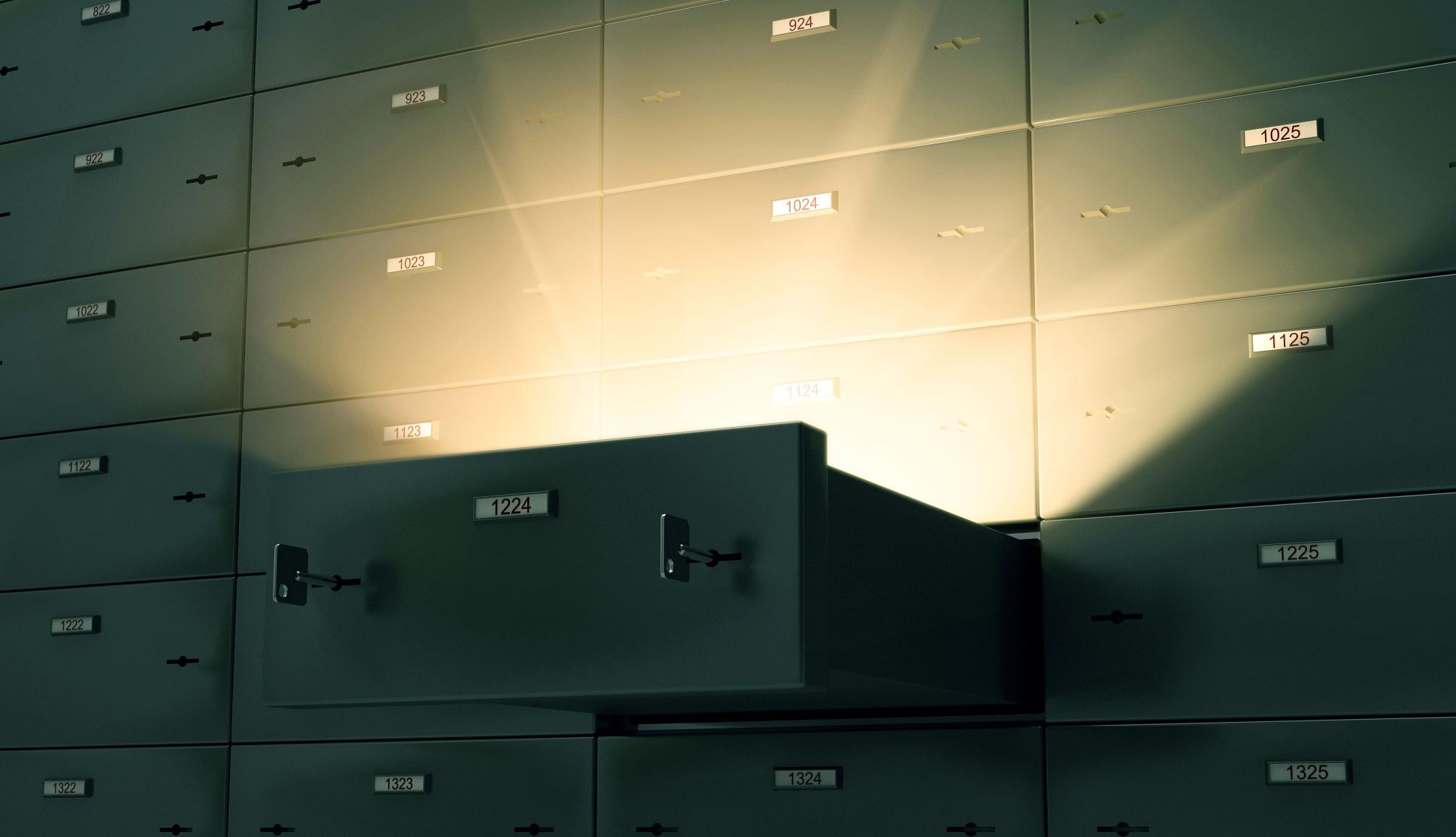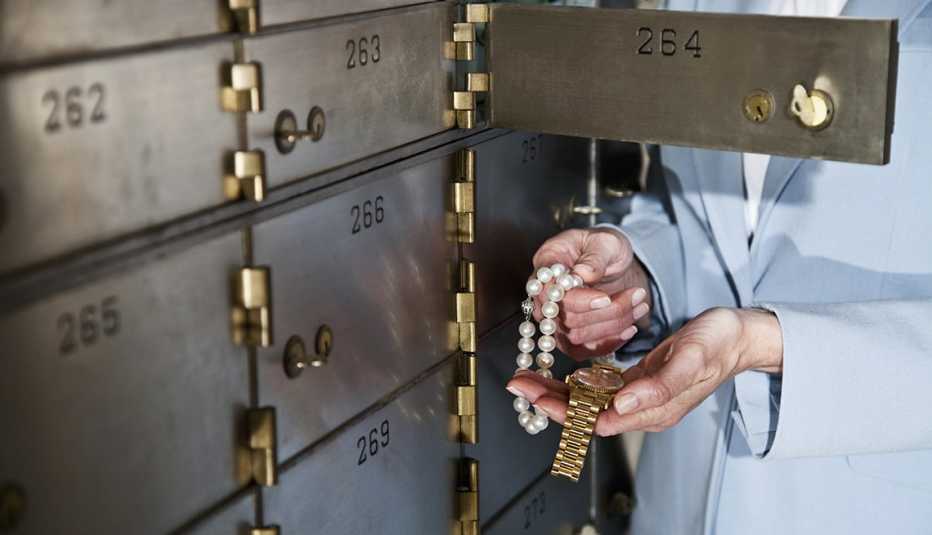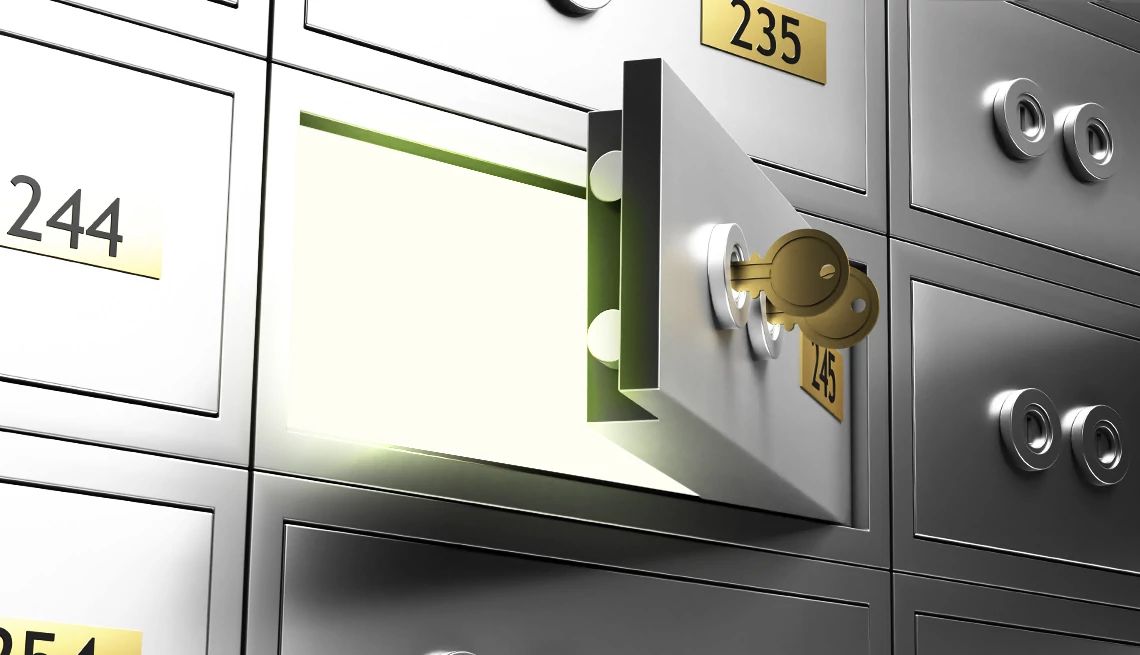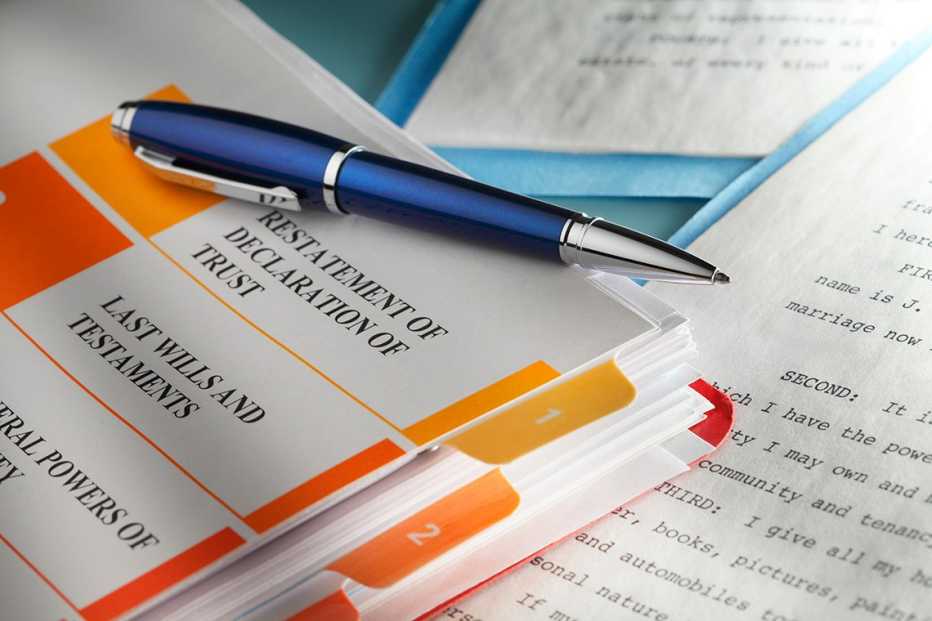AARP Hearing Center
While so much focus these days is placed on protecting digital records and online identities, it's easy to overlook the need to keep precious physical belongings secure. That's where a bank safe deposit box can come in handy.
“If you have anything that is hard to replace or has sentimental value or you want to pass on to your kids, that’s probably the best reason for getting a safe deposit box,” says Dave McGuinn, founder and president of Safe Deposit Specialist, a financial consulting firm. “You’ve got one central location, and your family knows where your stuff is.”
While safe deposit boxes add a layer of protection, they also come with access limitations, especially during emergencies or when the bank is closed. Because of this, only items that are expensive or difficult, if not impossible, to replace should be stored in them, such as heirloom jewelry, original copies of adoption papers, and important family photos. So it’s important to know which items don’t belong in a safe deposit box—and where to store them instead.
Worst things to store in a safe deposit box
1. Your original will
A safe deposit box might seem logical for your will, but if you’re the sole box owner, your executor could face legal obstacles accessing it after your death, according to the American Bankers Association (ABA). Banks usually need a court order to open a safe deposit box after the owner passes away, which can slow down the legal process of settling their estate.
Alternative: For safekeeping, store your will in a fireproof home safe and share the location and combination with someone you trust. You can also include this information in a letter of instruction and give copies to your executor. If a law firm drafted your will, keep the original there.
Best things to store in a safe deposit box
- Adoption records
- Armed service records
- Birth certificates
- Business/legal contracts
- Citizenship/naturalization papers
- Collectibles
- Death certificates
- Family photos
- Insured Jewelry
- Marriage/divorce records
- Property records
- Vehicle titles
2. Powers of attorney
A financial or health care power of attorney is only helpful if someone can access it when needed. If it’s locked in a safe deposit box, your appointed representative may be unable to retrieve it, defeating its purpose.
Alternative: Give a copy to your attorney or trusted family members. Store an original in a secure but accessible location at home. If you’ve appointed someone as your financial power of attorney, that person may be able to access the box while you're alive, said Naomi Becker Collier, an attorney specializing in trust and estate planning. However, a power of attorney is no longer valid once you die.









































































